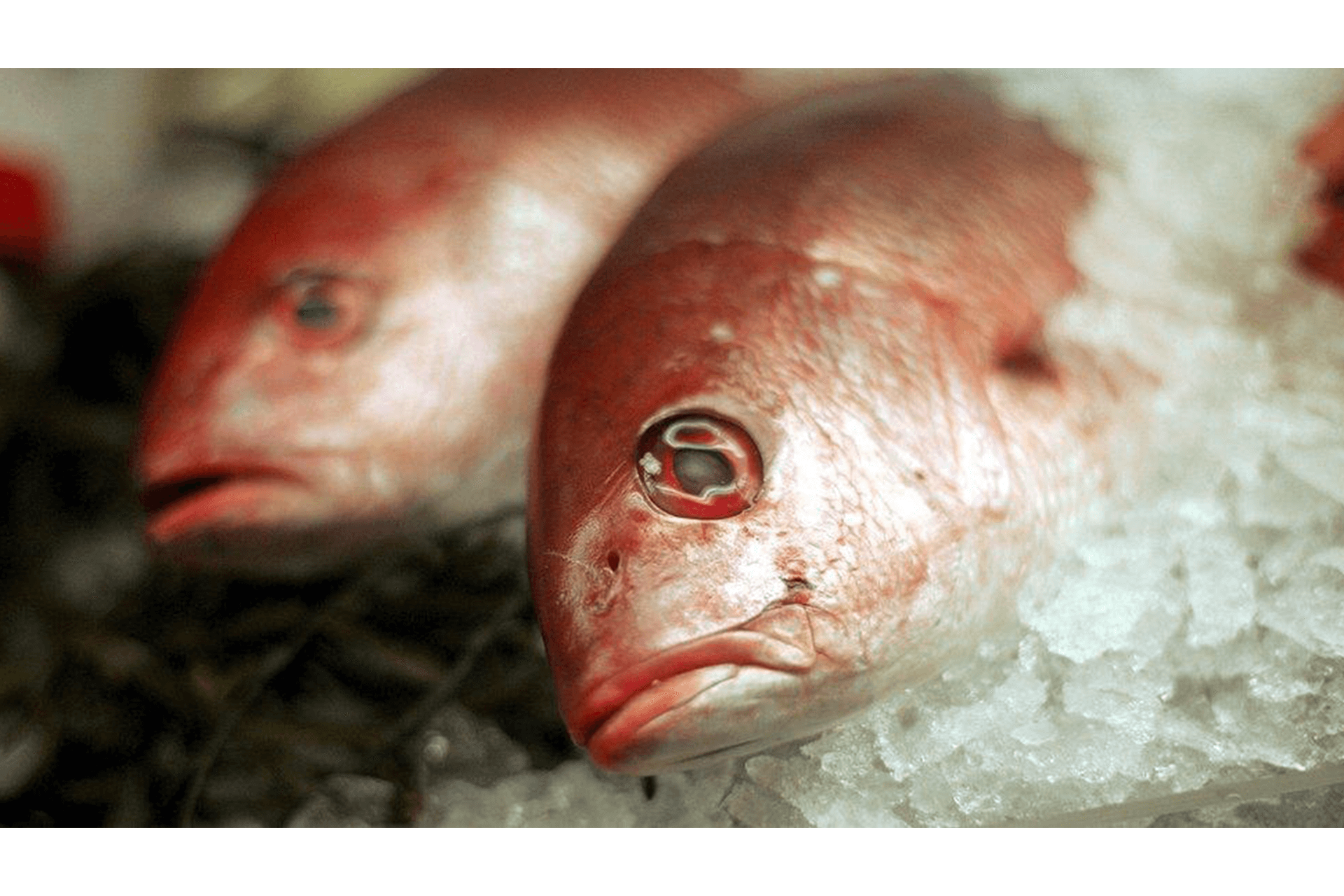Warming seas fuel mercury risks
- News item

Climate change can make seafood more toxic not by adding mercury, but by reducing ocean oxygen. A study led by Umeå University examined ancient DNA in Black Sea sediments (13,500 years), focusing on microbes that convert inorganic mercury into neurotoxic methylmercury. They found that during past warm, humid periods with low oxygen, these microbes thrived, increasing methylmercury production.
Methylmercury accumulates up the food chain—from plankton to small fish to larger fish – eventually reaching humans. Modern warming and ocean stratification are expanding low-oxygen zones in coastal and enclosed seas, potentially replicating these conditions. While mercury emissions are still important to control, climate-driven deoxygenation alone can make ecosystems more prone to methylmercury formation.
The study highlights the need to:
- Reduce mercury emissions.
- Curb nutrient runoff to prevent coastal deoxygenation.
- Monitor oxygen levels and microbial communities.
By combining ancient DNA insights with modern observations, scientists can better predict where methylmercury risks may rise, protecting both fish and human consumers.
Read the full article here: https://www.earth.com/news/less-oxygen-more-poison-warming-seas-fuel-mercury-risks/